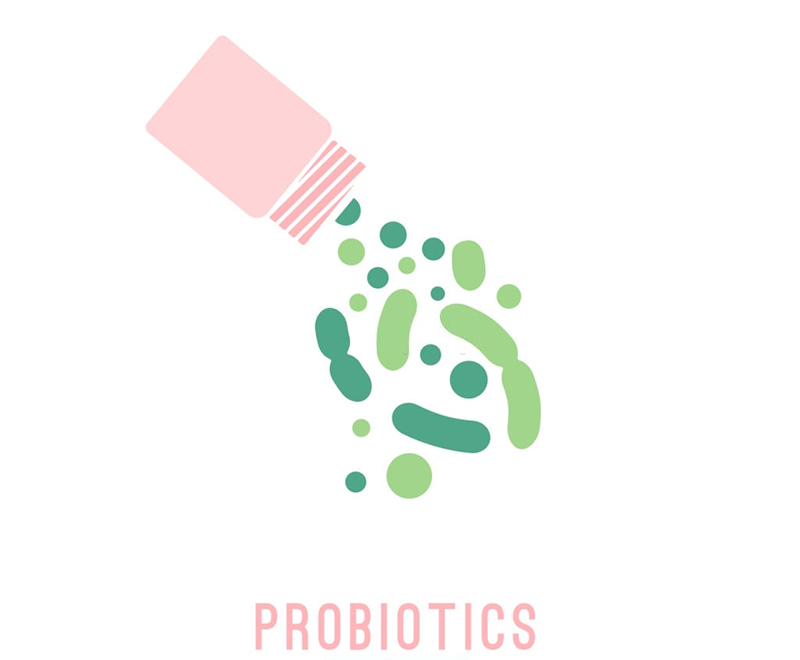The colonization of neonatal intestinal flora is a complex dynamic process, and the initial colonization bacteria are mainly derived from Matrix and environment. Previous studies believed that the intestinal tract of newborns was “unprosperous”, but in recent years, this view has been questioned, and the amniotic fluid that the fetus depends on is “bacterial” and can penetrate the placenta, indicating that the newborn is born have been exposed to germs before. Due to the large amount of oxygen in the intestines of newborns at birth, most of the aerobic and/or facultative anaerobic bacteria colonize in the early stage. After colonization by aerobic bacteria, they consume oxygen, reduce the redox potential, and create conditions for the colonization of anaerobic bacteria. The bacteria grow rapidly after colonization, and soon surpass the former to become the “predominant bacteria” in the intestinal tract, and maintain for life. probioticseverything.com
best probiotics powder
best probiotics powder
Jiménez et al. found that the fetus of healthy newborns has bacteria. The initial colonization of the intestinal tract is mainly Enterobacteriaceae, Gram-positive cocci, followed by Bifidobacterium, Bacteroidetes, Clostridium, etc. After supplementation and weaning After a series of succession, the structure of the intestinal flora of infants tends to be stable and mature, and changes to “adult flora and structure” at the age of 3 years. The colonization of gut microbiota in early infancy is affected by various factors, including delivery mode, feeding method (breast milk and formula milk), gestational age, environmental factors, and antibiotic use. A number of studies have found that there are differences in the intestinal flora of caesarean section infants and vaginal delivery infants. The application of antibiotics in the early postnatal period can reduce the colonization of intestinal bifidobacteria and bacteroides. Koenig et al. found that the intestinal flora of infants was diverse and stable within 2 years after birth, and external factors such as diseases, antibiotics, and supplementary food could change the composition of the intestinal flora. probioticseverything.com
best probiotics powder
best probiotics powder
Recent studies have shown that the initial establishment of gut microbiota in early life is associated with the occurrence of long-term diseases, such as obesity, diabetes, allergic diseases and autoimmune diseases. Changes in the structure of intestinal flora in children, reduction of bifidobacteria and increase of Staphylococcus aureus may predict the risk of obesity. Early exposure factors such as mode of delivery, feeding, and use of antibiotics in early life can interfere with the structure of gut microbiota and affect the risk of childhood obesity. Collado et al. found that maternal weight gain during pregnancy can affect the acquisition and composition of early intestinal microbiota in infants, suggesting that the structure of maternal intestinal microbiota can affect the pattern of intestinal microbiota colonization in infants and the risk of obesity in the future. Vae et al found that changes in the ratio of intestinal Staphylococcus/Bacteroides fragilis from 21 days to 1 year of age were associated with the risk of obesity later in life. In conclusion, the relationship between the colonization pattern of intestinal flora in early life and the risk of obesity in the future needs to be confirmed by a large number of basic and clinical studies to provide evidence for the early application of probiotics to prevent obesity. probioticseverything.com
best probiotics powder
best probiotics powder







